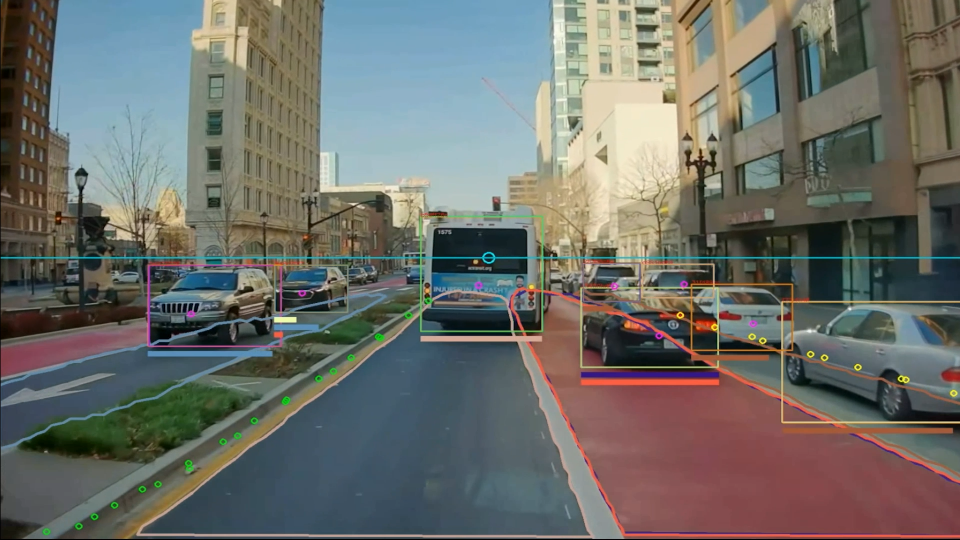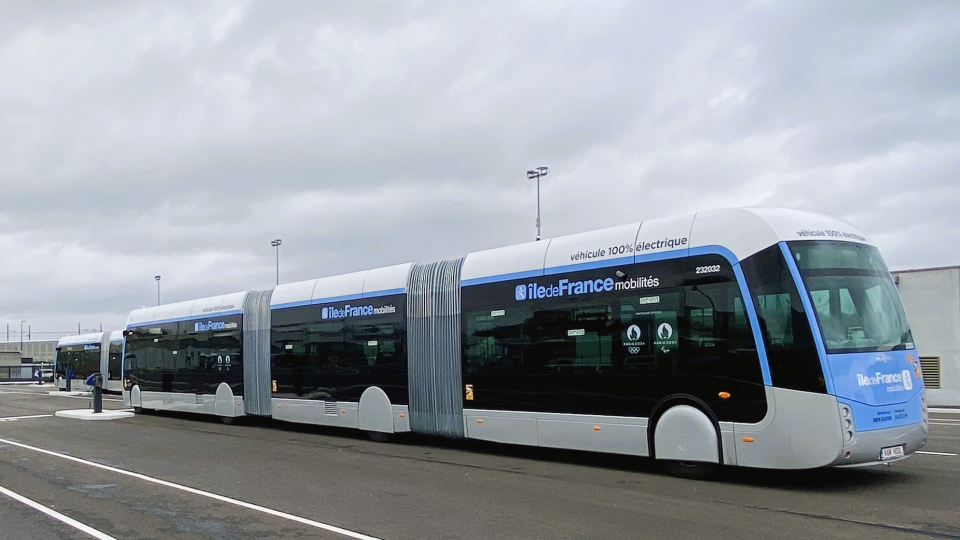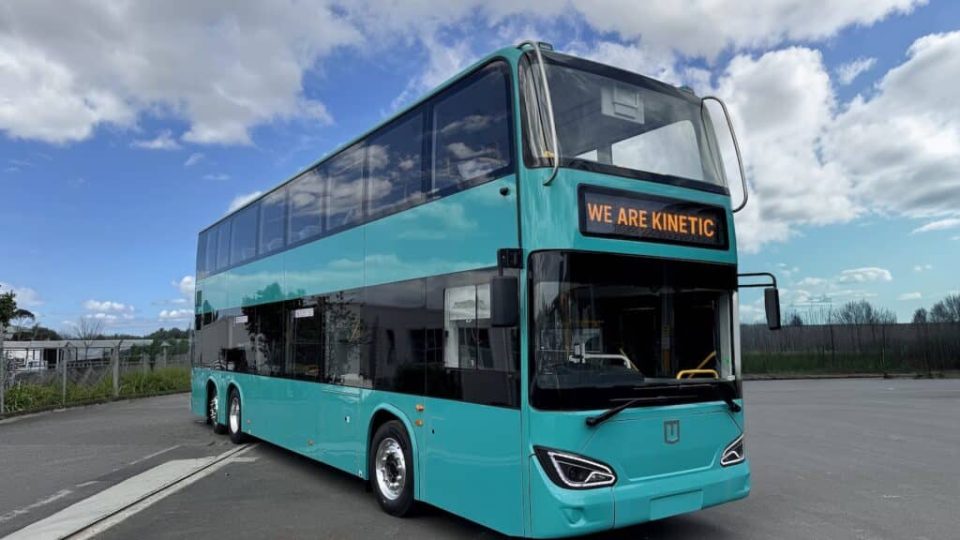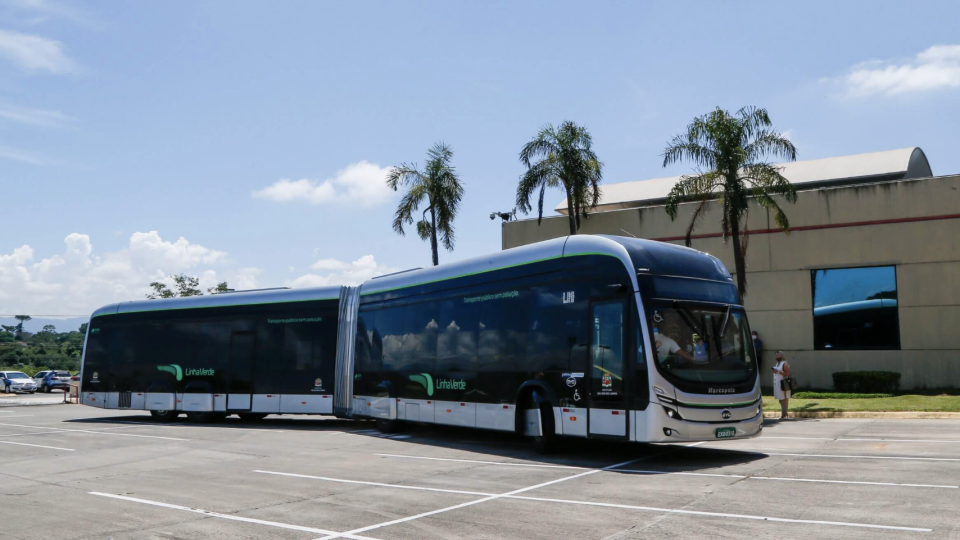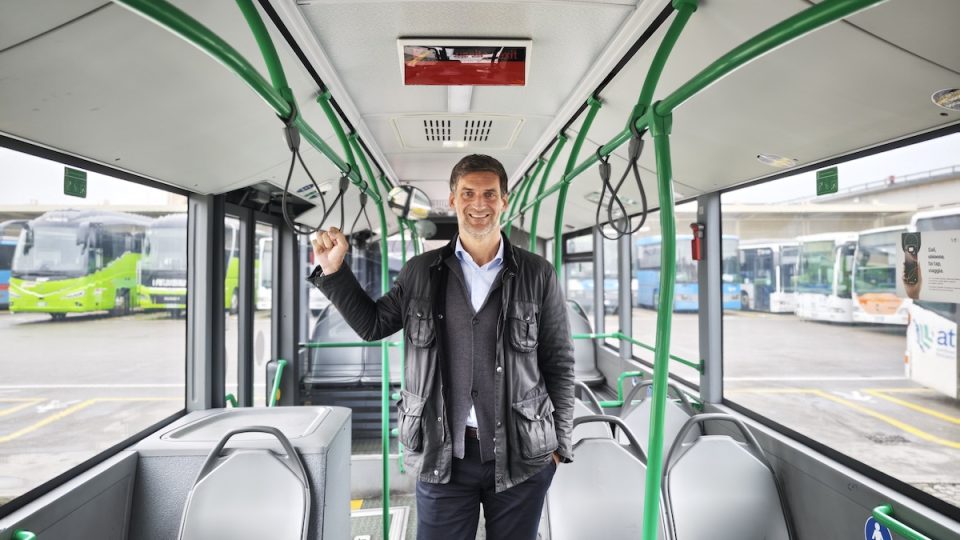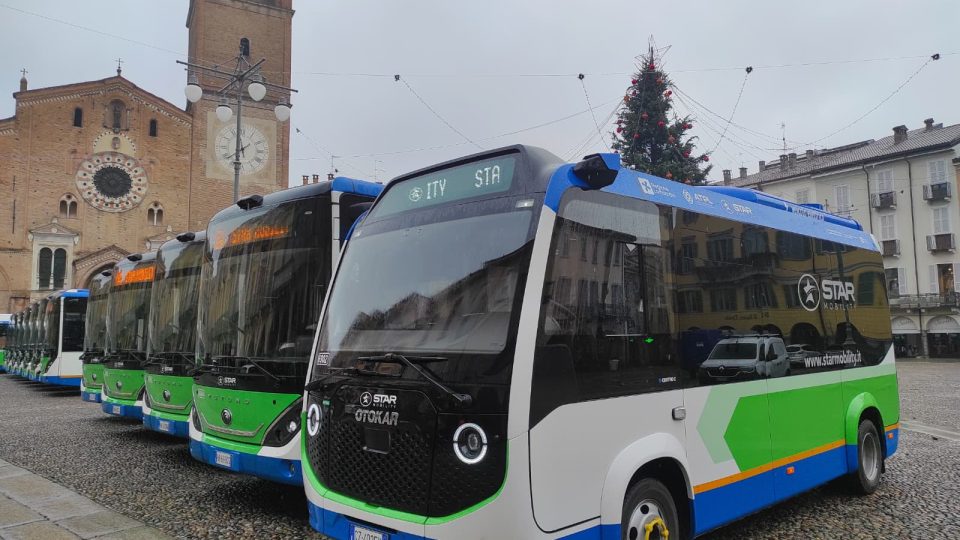More than 2.6 million passenger on Madrid’s zero emission lines in 2021
The three zero emission lines of EMT Madrid have carried more than 2.6 million passengers in 2021. Line 001 (Atocha-Moncloa Station) was the most used with an annual total of 1.6 million passengers. It was launched in February 2020 as a pioneering measure and one of the most emblematic of Spanish capital city public transport […]
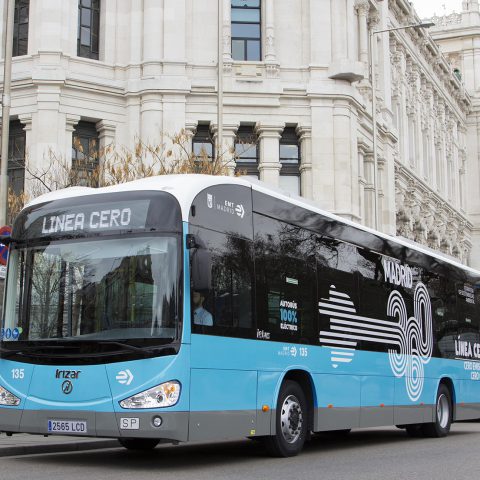
The three zero emission lines of EMT Madrid have carried more than 2.6 million passengers in 2021.
Line 001 (Atocha-Moncloa Station) was the most used with an annual total of 1.6 million passengers. It was launched in February 2020 as a pioneering measure and one of the most emblematic of Spanish capital city public transport lines.
The Madrid City Council announced at the end of last year the end of the use of diesel in the municipal bus fleet. The Mayor of Madrid, José Luis Martínez-Almeida, pledged that all lines of the public company would operate with electric and diesel buses natural gas from January 2023. The fourth e-bus order by EMT was signed in September 2021.
Zero emission lines in Madrid
The zero emission bus lines are part of Madrid 360 Environmental Sustainability Strategy. They are free of charge for users.
Following the 001, at the beginning of March 2020, the second zero-emission line, 002, was put into service. In September 2020, the third zero line, the C03, started operating.
In the launch year 2020, and with all the mobility restrictions due to the pandemic, the zero-emission lines had more than 1.1 million passengers.
As mentioned above, the Mayor of Madrid, José Luis Martínez-Almeida, pledged that all lines of the public company would operate with electric and diesel buses natural gas from January 2023. To achieve this goal, in 2021 EMT has allocated more than 177 million euros for the acquisition of 520 CNG buses and 50 electric buses.
New depots in Madrid
As part of the strategic projects for a more sustainable city, EMT will build an innovative ‘green’ hydrogen refuelling plant at the Entrevías Operations Centre in Entrevías. This hydrogenerator will also include a photovoltaic plant for the generation of electricity. It will supply, in a first phase, ten zero-emission buses powered by hydrogen-fuelled fuel cells.
Finally, the municipal company will carry out the project to convert La Elipa depot in a 100% electric and energy-sustainable depot that will be a national and international benchmark. According to plans, it will house 318 electric buses. In addition, and to provide service to the northern part of the city, EMT will build in Las Tablas a centre for low-emission buses with more than 9,000 square metres and a total capacity of 513 vehicles.
+The City Council is also planning the opening of Canalejas 360, the first municipal electric mobility hub.


